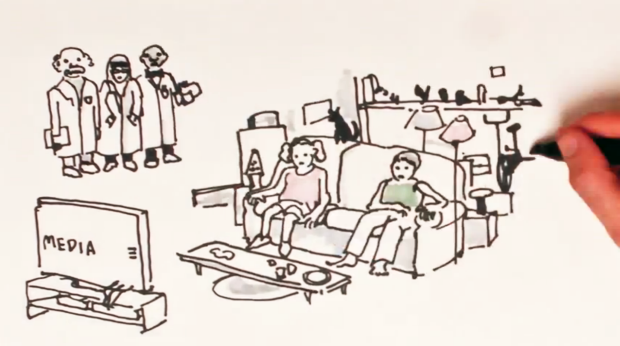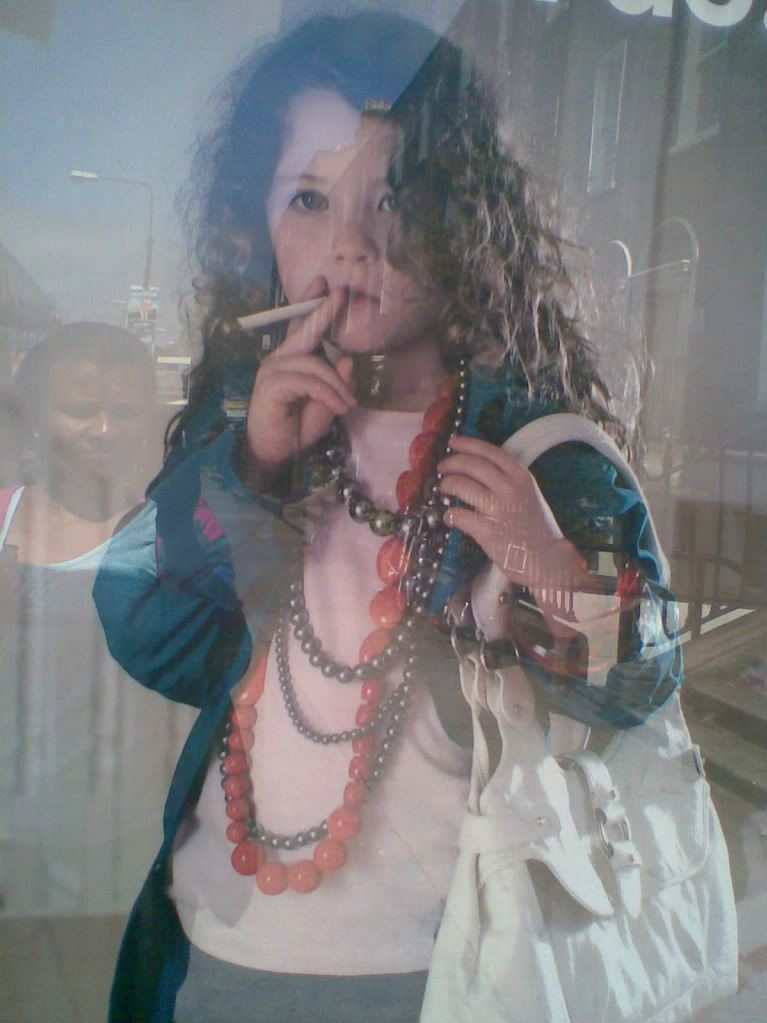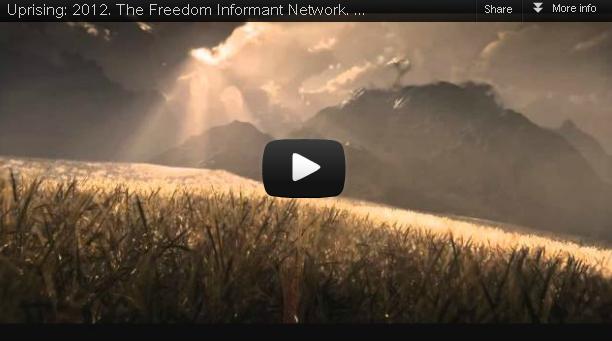


What Is Systems Thinking? – Peter Senge Explains Systems Thinking Approach And Principles
http://youtu.be/HOPfVVMCwYg What Is Systems Thinking? Whenever I’m trying to help people understand what this word ‘system’ means, I usually start by asking: ‘Are you a part of a family?’ Everybody is a part of a family. ‘Have you ever seen in a family, people producing consequences in the family, how people act, how people feel, that aren’t what anybody intends?’ Yes. ‘How does that happen?’ Well… then people tell their stories and think about it. But that then grounds people in not the jargon of ‘system’ or ‘systems thinking’ but the reality – that we live in webs of interdependence.” What Is The Fundamental Rationale Of Systems Thinking? [The fundamental rationale of systems thinking] is to understand how it is that the problems that we all deal with, which are the most vexing, difficult and intransigent, come about, and to give us some perspective on those problems [in order to] give us some leverage and insight as to what we might do differently.” 3 Characteristics Of A Systems Thinking Approach A very deep and persistent commitment to ‘real learning.’ I have to be prepared to be wrong. If it was pretty obvious what we ought to be doing, then we’d be already doing it. So I’m part of the problem, my own way of seeing things, my own sense of where there’s leverage, is probably part of the problem. This is the domain we’ve always called ‘mental models.’ If I’m not prepared to challenge my own mental models, then the likelihood of finding non-obvious areas of leverage are very low. The need to triangulate. You need to get different...![Is It Possible We Can Actually Extend Our Empathy To The Entire Human Race As An Extended Family? [RSA Video]](http://www.mutualresponsibility.org/wp-content/uploads/2012/09/rsa-animate-empathic-civilization.png)
Is It Possible We Can Actually Extend Our Empathy To The Entire Human Race As An Extended Family? [RSA Video]
Bestselling author, political adviser, and social and ethical strategist, Jeremy Rifkin, says we must “begin rethinking human nature” and “bring out our empathic sociability so that we can rethink the institutions of society and prepare the groundwork for an empathic civilization.” Empathy Is: the acknowledgement of death and the celebration of life and rooting for each other to flourish and be.” based on our frailties and imperfections, so when we talk about building an empathic civilization, we are not talking about utopia.” about the ability of human beings to show solidarity.” Empathy Evolves There was no such thing as Germany, there was no such thing as France. These are fictions but they allow us to extend our families so that we can have loyalties and identities based on the new complex energy communication revolutions we have that annihilate time and space.” Is it really a big stretch to imagine the new technologies allowing us to connect our empathy to the human race writ large in a single biosphere?” Science Shows: All humans are soft wired with mirror neurons” meaning, “if I’m observing you – whatever it is – the same neurons will light up in me as if I’m having that experience myself.” We are soft wired not for aggression, violence, self-interest, utilitarianism” rather, “for sociability, attachment, affection, companionship, and the first drive is actually the drive to belong.” We are “soft-wired to experience another’s plight as if we are experiencing it ourselves.” The Goal Is To: Begin thinking as an extended family.” Rethink the human narrative.” Bring out our core...
Children See, Children Do
http://www.youtube.com/watch?v=7d4gmdl3zNQ This video illustrates what our future may look like, depending on the examples we give to others. Children learn by example, and so do adults. This knowledge is true power, but have we been using it for good or bad? “Children learn by trying to do something, by failing, and by being told about or by copying some new behavior that has better results. This perspective is founded on the simple but central insight that children are trying to do something rather than to know something. In other words, they are learning by doing.” – Dr. Roger Schank, from Engines for Education “The idea of public education depends absolutely on the existence of shared narratives and the exclusion of narratives that lead to alienation and divisiveness. What makes public schools public is not so much that the schools have common goals but that the students have common gods. The reason for this is that public education does not serve a public. It creates a public.” – Dr. Neil Postman, from The End Of Education “Human history becomes more and more a race between education and catastrophe.” – H.G...
